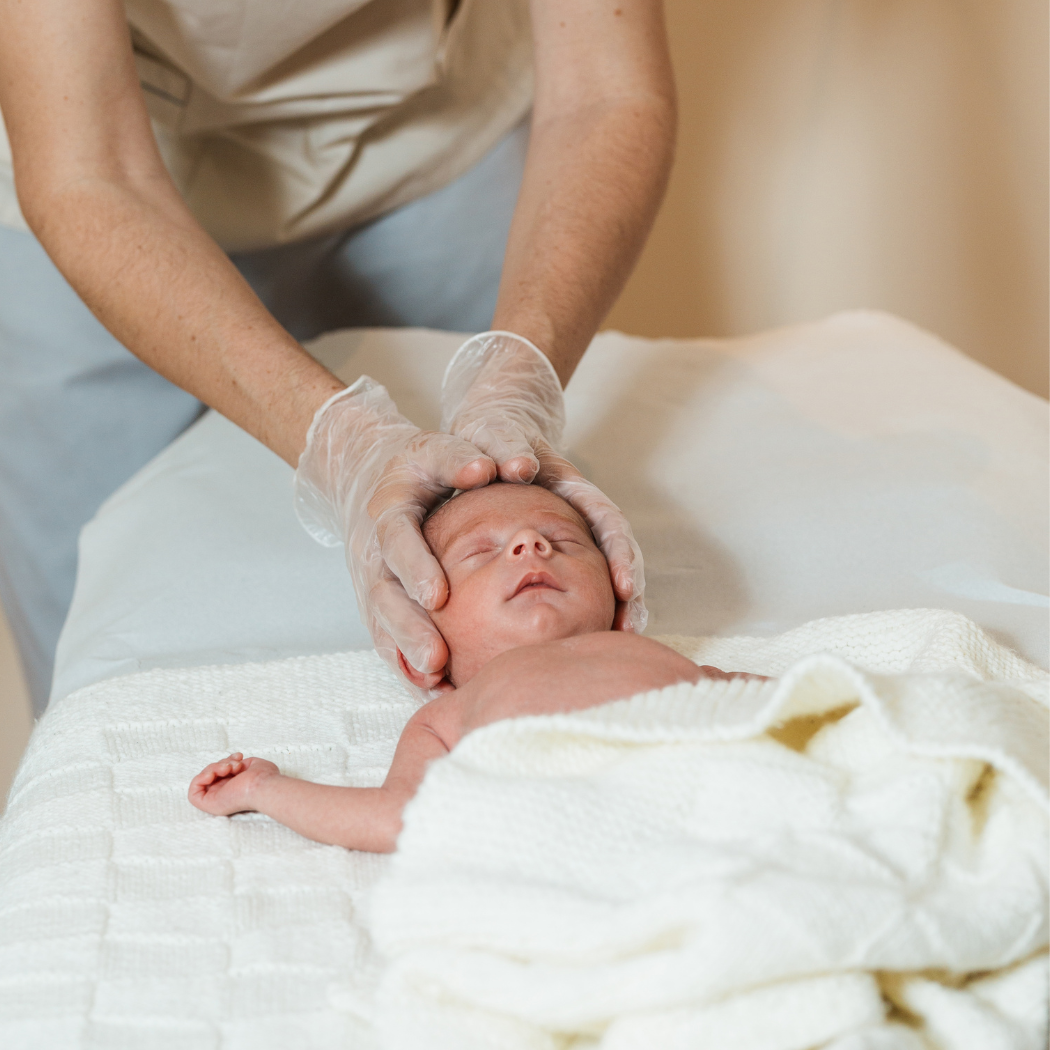After welcoming a baby, many parents may not think about fertility right away, but for some, it’s a key focus, especially if they plan to expand their family in the future.
The postpartum period is a time of recovery and adjustment, but it’s also a crucial opportunity to support your fertility for the months or years ahead. Fertility health is influenced by several factors, including nutrition, lifestyle, and overall well-being, all of which can be impacted by the demands of motherhood.
Addressing Nutritional Deficiencies Post-Pregnancy
After childbirth, many women and birthing people experience ongoing nutrient depletion, especially in critical nutrients like B vitamins and vitamin D. A 2023 study revealed that 9 in 10 women had deficiencies in these nutrients during pregnancy (1), and without targeted intervention, these deficiencies can persist into the postpartum period.
If left unaddressed, nutrient depletion may affect hormone balance, energy levels, and ultimately fertility.
B vitamins, such as B6 and B9 (folate), particularly in their active (methylated) forms, play a key role in hormone regulation and energy production, making them crucial for reproductive health. Vitamin D, on the other hand, supports immune function and hormone regulation.
Woman should ideally test their vitamin D levels postpartum and supplement accordingly to ensure the dosage is personalised for optimal health. To replenish nutrient stores, a balanced diet rich in whole foods is essential. Incorporating leafy greens, eggs, lean meats, liver, and whole grains can help restore B vitamins, while sunlight exposure can support vitamin D synthesis.
In addition to B vitamins and vitamin D, other key nutrients to consider include choline, iodine, and omega-3 fatty acids. Choline is critical for brain function and development, while iodine supports thyroid health. Omega-3s, found in fatty fish such as salmon and mackerel, and nuts/seeds such as walnuts and flaxseeds, are vital for reducing inflammation and supporting hormone health.
Prioritising these nutrients through diet and supplementation can enhance fertility and overall reproductive health as you prepare for future pregnancies.
Optimising Nutrition for a busy lifestyle
As a new parent, finding time to care for yourself can feel nearly impossible. Between sleepless nights, endless feedings, and constant nappy changes, proper nutrition often takes a backseat. Yet, maintaining a nutrient-rich diet is essential for restoring energy, balancing hormones, and supporting fertility. The key is finding quick, simple strategies that fit into a busy lifestyle.
One way to ensure you’re getting the right nutrients is by preparing quick, nutrient-dense snacks. Prioritise whole foods like fruits, vegetables, lean proteins, and healthy fats. For example, you can prepare hard-boiled eggs, pre-cut veggies with hummus, or a handful of nuts and seeds for easy, on-the-go snacks. Simple meal swaps like using whole grains instead of refined grains or adding leafy greens to smoothies can also boost nutrition without extra time or effort. Check out the freezer aisles to obtain chopped veggies, herbs, and fruit you can utilise for quick on-the-go dinners and smoothies.
Using a slow cooker can be a lifesaver for time-poor mums. Cooking large batches of meals with whole cuts of meat allows you to make nutritious dishes that last for days. Purchasing whole chickens, for instance, not only provides protein but also the carcass for making bone broths—a rich source of collagen, minerals, and amino acids essential for gut and hormonal health.
Fermented foods like sauerkraut are another great way to nourish your body, and making your own can be surprisingly easy. Simply use any leftover veggies in your fridge. Chop them up, add them to a jar with water and salt (4 cups of water to 1 tbsp salt), and let them ferment for 1-2 weeks at room temperature.
Supporting Vaginal Health
Emerging research highlights the crucial role of the vaginal microbiome in fertility and overall reproductive health. The vaginal microbiome can be impacted by pregnancy and childbirth, primarily due to hormonal fluctuations. During pregnancy, the body undergoes considerable hormonal shifts that alter the microbiome’s composition, and these changes can persist postpartum. One major reason is that breastfeeding often results in lower oestrogen levels, which can reduce the abundance of Lactobacillus species in the vaginal microbiome. Lactobacillus helps maintain a low pH and a balanced microbial environment, which is essential for preventing infections and supporting fertility. Research has shown that a healthy vaginal microbiome, characterised by high Lactobacillus levels, is linked to better fertility outcomes and lower rates of infections that can impact reproductive health (2).
To support and restore a healthy vaginal and gut microbiome postpartum, increasing Lactobacillus through probiotics and specific foods can be beneficial. Probiotics, such as those found in yoghurt and supplements, help replenish beneficial bacteria. Prebiotics, found in foods like garlic, onions, and bananas, feed these beneficial bacteria, helping them thrive. Additionally, incorporating fermented foods such as sauerkraut and kimchi into your diet can help. These foods not only contribute beneficial bacteria but also support gut health, which is intricately connected to vaginal health.
Don’t Forget Your Partner’s Health
Recovery and fertility are a shared journey, with male health playing a crucial role in successful conception. Sperm quality and overall male fertility are significantly impacted by lifestyle, nutrition, and stress. Along with the obvious factors such as smoking and excessive alcohol consumption, poor diet and high stress levels can also lead to reduced sperm count, motility, and quality, which can hinder conception efforts.
Optimising male fertility starts with a nutrient-rich diet. Zinc, selenium, and omega-3 fatty acids are essential for healthy sperm production. Foods like oysters, pumpkin seeds, fatty fish, and walnuts are great sources of these nutrients. Antioxidant-rich foods, such as berries, leafy greens, and nuts, can help protect sperm from oxidative stress, which has been shown to damage sperm DNA.
Lifestyle adjustments are also important. Regular exercise, maintaining a healthy weight, and reducing stress through techniques like mindfulness or yoga can improve hormonal balance and sperm health. Avoiding exposure to environmental toxins and limiting heat exposure, such as from laptops, cycling, or hot tubs, can also safeguard sperm quality.













